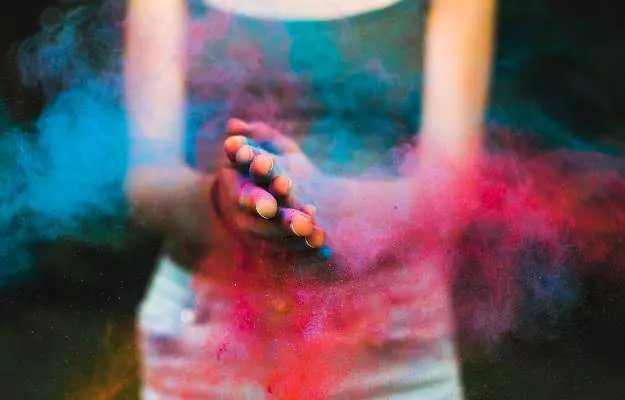Bhang or hemp is typically a preparation of cannabis, which has been in use since as early as 1000 BCE. Bhang is of cultural and religious importance to Hindus in India and thus despite the legal norms on the use of cannabis, this preparation is widely utilised in the country, especially during the time of Holi. Bhang leaves and seeds are ground and the formed paste is utilised in edible preparations in the form of thandai, milkshakes and sweet preparations.
While the use of bhang is highly associated with addiction, it also has certain benefits when used in prescribed amounts, the major one being its assistance in pain control. Due to these reasons, bhang is available in the form of tablets and Ayurvedic preparations available at drug stores.
This article will discuss the potential benefits and side effects of bhang in the light of scientific evidence. However, you must note that, it is inadvisable to consume any form of this preparation, unless so prescribed. An unprescribed use or an exceeded dosage can lead to severe disabling side effects, so, that must be avoided.
Before exploring into the benefits and side effects of bhang, let’s understand more about this preparation.
Some basic facts about bhang or hemp
Bhang as an edible preparation has originated in the lands of India and is now served as a festive delight. There are two varieties of hemp, namely, industrial hemp and the kind that is used as a medicinal drug, with the latter having a higher concentration of tetrahydrocannanbinol or THC. Industrial hemp is used in over-the-counter products like skin lotions and creams. Here is what you must know about hemp:
- Scientific name: Cannabis sativa
- Family: Cannabaceae
- Common name: Bhang
- Native region and geographic distribution: The native region of bhang is Northern India where the plant is widely grown. Mortar and pestle are then used to form the preparation. Currently, government-regulated cultivation of hemp is legal in the state of Uttarakhand.
- Parts used: Seeds and leaves
- Legality: Like other forms of cannabis, the use of bhang is also a criminalised offence since 1961 when bhang was included along with other hard drugs under the ‘single convention on narcotic drugs’. Thus, legally, bhang can only be sold by government sellers and authorised medicinal stores. However, due to the cultural significance of bhang, it is still commonly available during local festivities in several states, particularly in the states of Northern India.






















